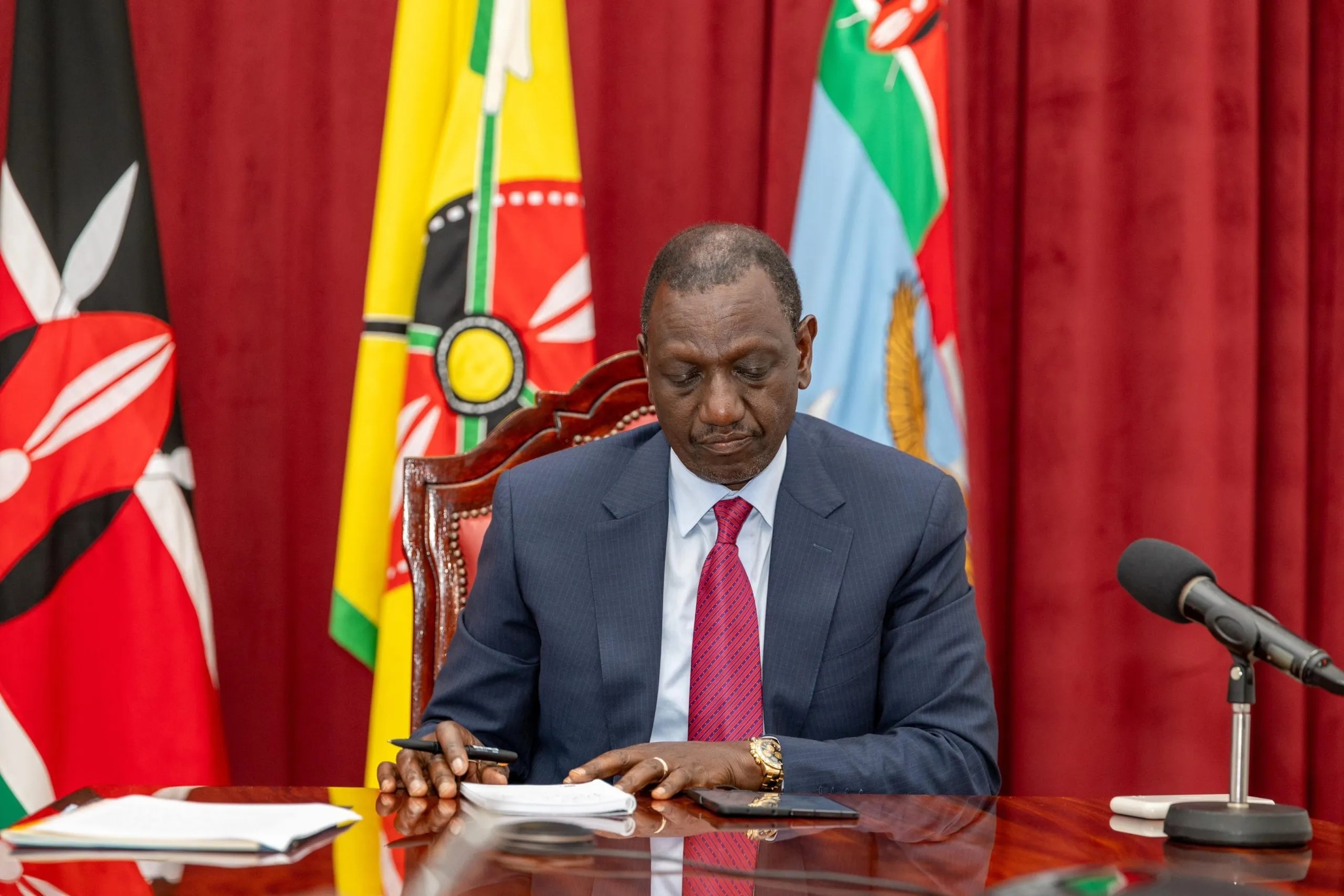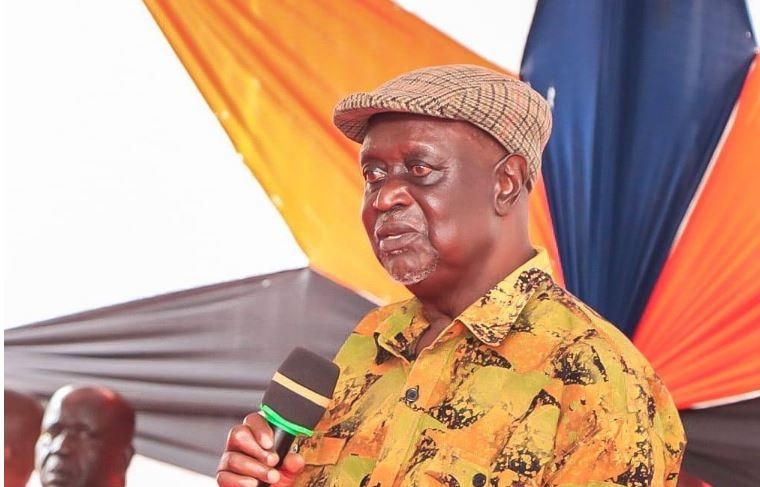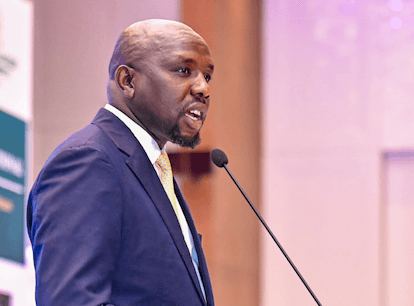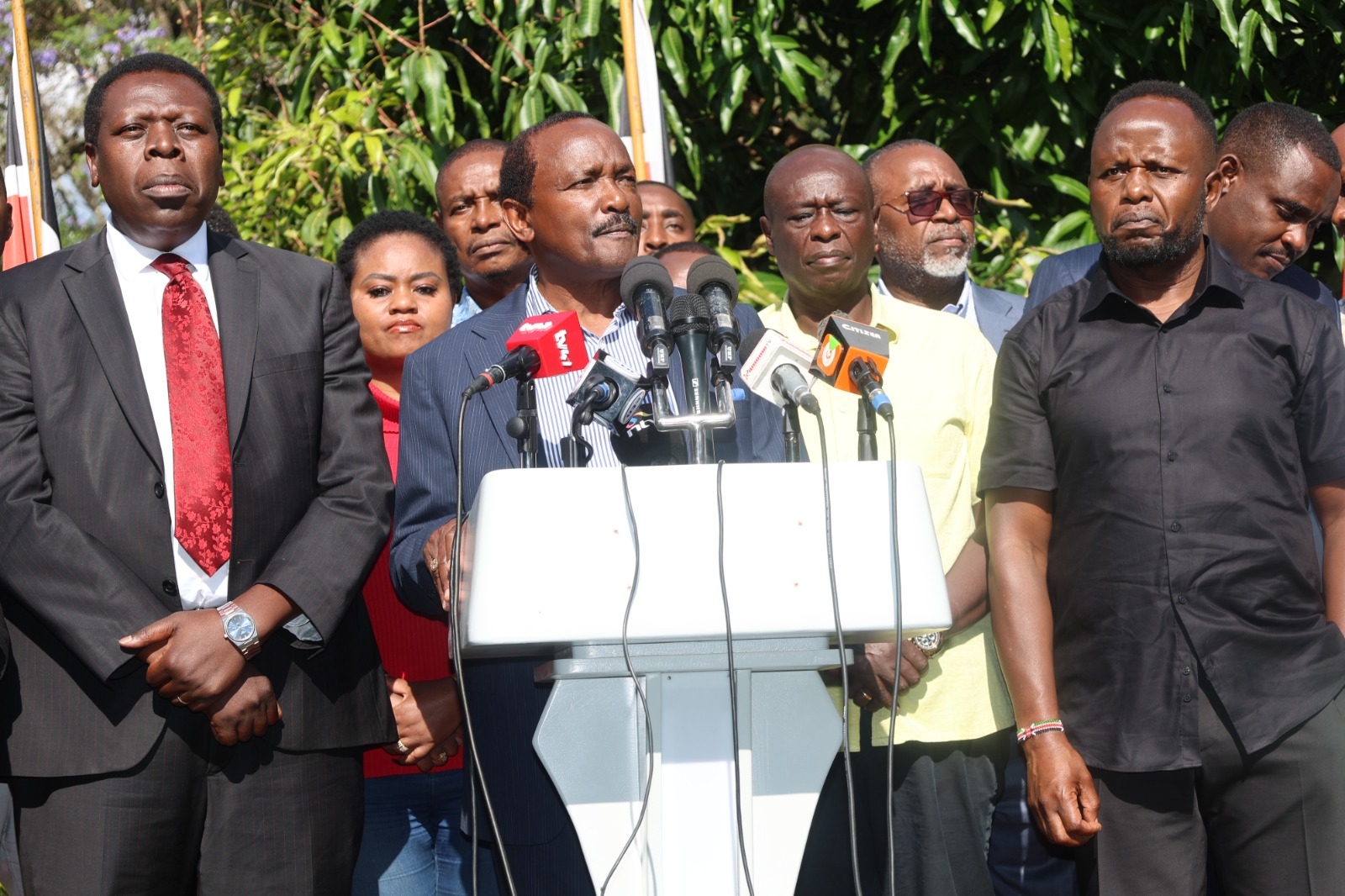Two Independent Power Producers have blamed the soaring prices of Heavy Fuel Oil for the high cost of power in the country.
Thika Power Limited and Iberafrica Power told the Senate Energy Committee on Monday that thermal IPPs are not the reason behind the high cost of electricity as “people may want to believe.”
George Njenga, a director at the two firms, named drought and weakening shilling as other factors contributing to high electricity costs.
“The cost of electricity is a concern to us as well because we are Kenyans. I don’t think Kenyans are paying heavily for power because of IPPs. Several factors contribute to the high costs,” he said.
Njenga said the high cost of HFO is what has remained the hindrance to lower power charges.
“Heavy Fuel Oil contribute to 70 per cent of the bills that come from firms that supply Kenya Power with electricity,” he said.
“If we deal with the cost of fuel effectively, we will deal with the high cost of electricity.”
He said wind and solar energy are still not competitive in the market though they could be far much cheaper.
During a committee meeting, it emerged that Kenya Power owes Iberafrica about Sh2.3 billion and Thika Power Sh1.3 billion.
Narok Senator Ledama Olekina wondered why the two firms charged Kenya Power in US dollars and Euros yet Kenyans were paying in shillings.
According to the Presidential Taskforce Review of Power Purchase Agreements (PPAs), Thika Power was among the plants cited as prohibitively expensive due to it having Euros as the main currency for buying power.
Committee chair Wamatinga Wahome said it was time the country discusses what needs to be done to lower the cost of power.
“We may need to move away from Heavy Fuel Oil to natural gas,” he said.
Njenga concurred saying IPPs should drop HFO and adopt natural gas.
“We believe gas is a good intervention. It also prepares plants to use hydrogen in future. It is not all gloom but in the short term, it is painful,” he said.
The presidential task force attributed the expensive electricity partly to costly Power Purchase Agreements (PPAs) that Kenya Power inked with IPPs.
The cost of electricity has been at an all-time high affecting the cost of living and doing business.
Parliamentarians are concerned that Kenya Power procured a large quantity of power from IPPs at a greater cost leaving out KenGen hence the high cost of power.
The presidential task force investigated the reasons for the high costs of electricity and concluded that Kenya Power's involvement in expensive and uncompetitive power purchase deals with Independent Power Producers (IPPs) was the main cause.
The task force recommended a raft of measures to ensure the issue was rectified, including renegotiation of terms between the utility firm and IPPs, and changing of contracts that were unfavourable to the company.
According to Kenya Private Sector Alliance, the cost of electricity has risen by over 70 per cent in the last decade, a scenario that has eroded Kenya’s competitiveness.
Other reasons for the high cost of electricity include operational inefficiencies from Kenya Power, high transmission losses, inadequate grid infrastructure, high taxes and levies and reduced ease of doing business for generators among others.



















